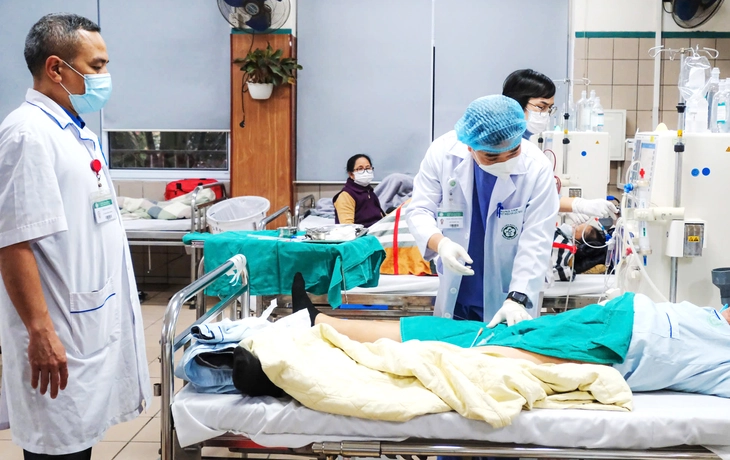
Doctors and nurses take care of patients at Bach Mai Hospital ( Hanoi ) - Illustration photo: NAM TRAN
Many opinions say that this policy does not truly reflect the role and actual contribution of the team of resident doctors - those who both study and directly participate in treatment, contributing to the health system.
Current policies and training status
According to government regulations, students studying in specific fields serving socio- economic development, national defense and security will be exempted from tuition fees. In the medical field, postgraduate students such as masters, doctors, level I and level II specialists and resident physicians in certain specialties are entitled to this policy.
Thus, currently only resident doctors in the above mentioned specialties are exempted from tuition fees. Meanwhile, resident doctors in other specialties still have to pay high tuition fees, about 74 million VND per year.
This becomes a financial burden for many young doctors, especially when they have to study and work night shifts, working 12-16 hours a day but without a stable income.
Talking to Tuoi Tre Online , Dr. Tran Thanh Tung - Deputy Head of the Department of Pharmacology (Hanoi Medical University) - said that the residency exam is one of the most difficult and serious exams, selecting from the best newly graduated doctors.
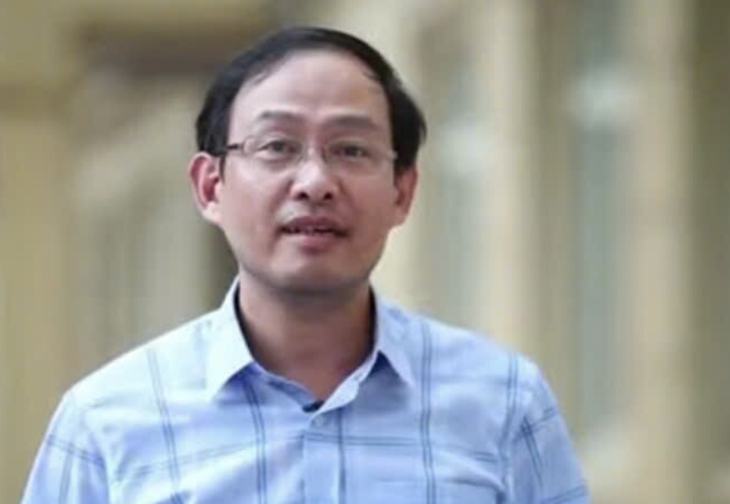
Dr. Tran Thanh Tung, Deputy Head of Pharmacology Department, Hanoi Medical University
"They are smart, hard-working people who study and work hard. However, many of them come from difficult circumstances and have to ask their families for support and work part-time to cover expenses. This greatly affects their studies and clinical practice," said Dr. Tung.
He estimated that there are currently about 3,000 resident physicians nationwide, of which Hanoi Medical University and Ho Chi Minh City University of Medicine and Pharmacy each have about 1,200 students.
"If the State spends its budget to exempt tuition fees for resident doctors, as an incentive scholarship, it will create great motivation for them to study and contribute to the medical profession," he proposed.
The need for equity and long-term investment
Doctor Pham The Thach (Bach Mai Hospital) said that exempting tuition fees for resident doctors is an issue that needs serious attention. He gave four main reasons:
First , resident physicians are not mere students. They have medical degrees, directly participate in treating patients, and have even been the main force in the fight against the COVID-19 pandemic. Considering them as "tuition-paying students" is not consistent with reality.
Second , high tuition fees put financial pressure on staff, reducing the quality of training. While they have to work at night and at high intensity, they have almost no income, except for some hospitals with support policies.
"Just a small amount of support or free tuition is a great spiritual encouragement, helping them to focus on their work," Dr. Thach shared.
Third , according to international standards, residents are considered medical staff and receive salaries, on-call allowances, and tuition exemptions. In the US, a resident can receive a salary of 40,000–60,000 USD/year, about 1/4 of the income of a full-time doctor.
Finally , free tuition is not only a personal support but also an investment in national health. Thanks to the team of resident doctors, many provincial and private hospitals have high-quality human resources to meet the increasing demand for medical examination and treatment.
"Free tuition for resident doctors is not a privilege, but a necessary fairness and investment for the future. They have dedicated themselves to the front lines, society needs to create conditions for them to study with peace of mind, contribute and stick with the profession for a long time," Dr. Thach emphasized.
Many countries have paid resident physicians
According to Mr. Dao Xuan Co - Director of Bach Mai Hospital, this hospital regularly has 300-500 resident doctors coming to practice and Bach Mai has included in its internal spending regulations to support resident doctors from 3-7 million VND/doctor/month depending on the specialty.
"Medicine is a profession that requires a long training period. Currently, countries such as the US, China, Canada, Japan and many countries in the ASEAN bloc all train resident physicians. General practitioners will follow two directions: become family doctors, work at primary health care facilities, and study to become a resident physician to work at hospitals. Resident physicians all receive a salary, although the level is only basic," Mr. Co cited.
Mr. Co also said that Vietnam currently has 13 medical universities training resident doctors, with basic tuition fees of about 60-70 million VND/doctor/year. Thus, after graduating from a 6-year medical university, a resident doctor will study for another 3 years (with tuition fees) and many resident doctors do not have any support.
"Many families who raise their children to become doctors are broke. I also had a similar starting point. If there is a support policy for resident doctors, it will be very helpful for doctors and create opportunities to create human resources for medicine," Mr. Co shared.
Source: https://tuoitre.vn/mien-hoc-phi-cho-bac-si-noi-tru-tai-sao-khong-20250917155732189.htm



![[Photo] General Secretary To Lam receives US Ambassador to Vietnam Marc Knapper](https://vphoto.vietnam.vn/thumb/1200x675/vietnam/resource/IMAGE/2025/9/29/c8fd0761aa184da7814aee57d87c49b3)

![[Photo] Many streets in Hanoi were flooded due to the effects of storm Bualoi](https://vphoto.vietnam.vn/thumb/1200x675/vietnam/resource/IMAGE/2025/9/29/18b658aa0fa2495c927ade4bbe0096df)
![[Photo] General Secretary To Lam, Secretary of the Central Military Commission attends the 12th Party Congress of the Army](https://vphoto.vietnam.vn/thumb/1200x675/vietnam/resource/IMAGE/2025/9/30/9b63aaa37ddb472ead84e3870a8ae825)
![[Photo] General Secretary To Lam attends the ceremony to celebrate the 80th anniversary of the post and telecommunications sector and the 66th anniversary of the science and technology sector.](https://vphoto.vietnam.vn/thumb/1200x675/vietnam/resource/IMAGE/2025/9/29/8e86b39b8fe44121a2b14a031f4cef46)
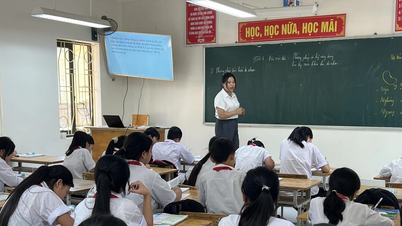

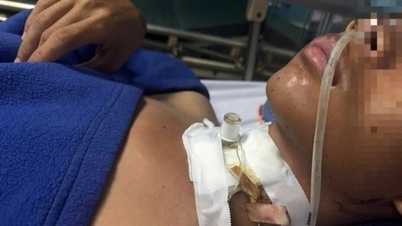



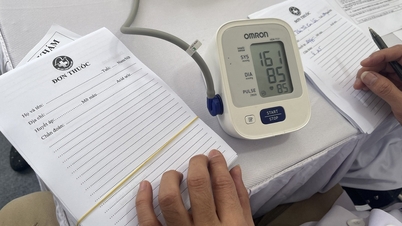





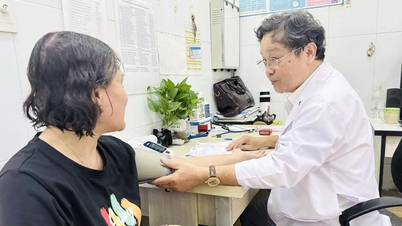
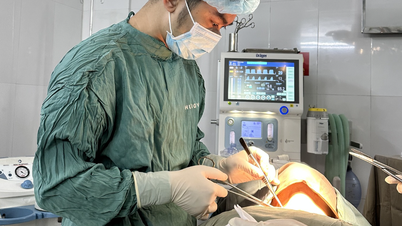
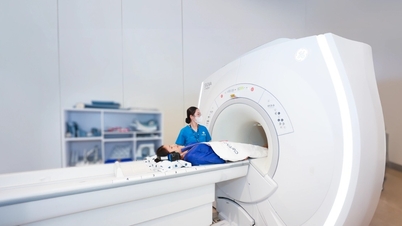









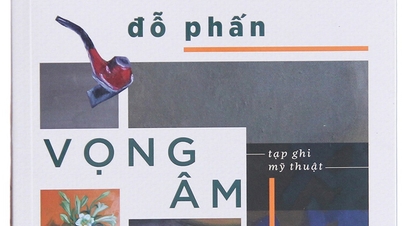



![[Photo] National Assembly Chairman Tran Thanh Man chairs the 8th Conference of full-time National Assembly deputies](https://vphoto.vietnam.vn/thumb/1200x675/vietnam/resource/IMAGE/2025/9/29/2c21459bc38d44ffaacd679ab9a0477c)













































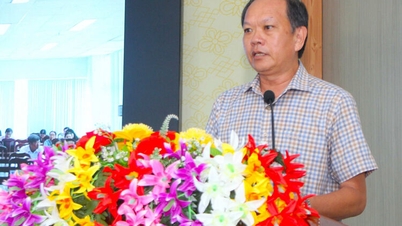



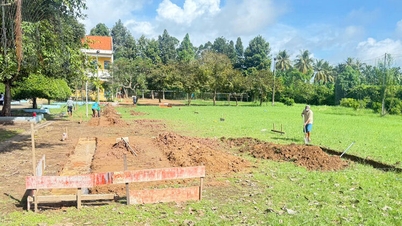












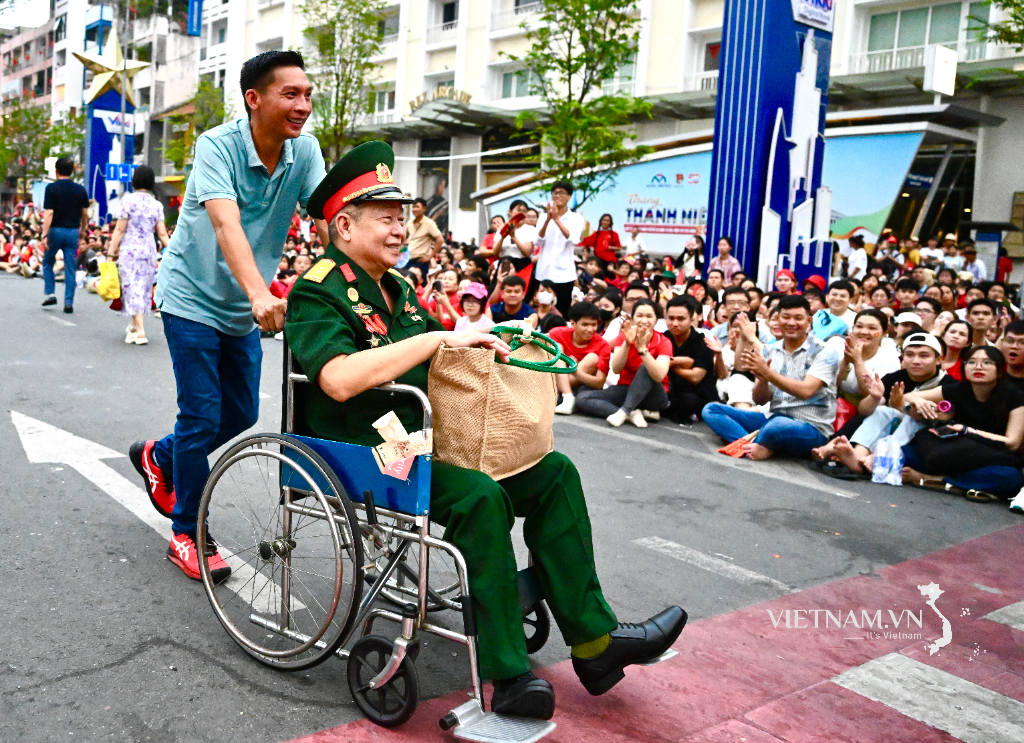

Comment (0)